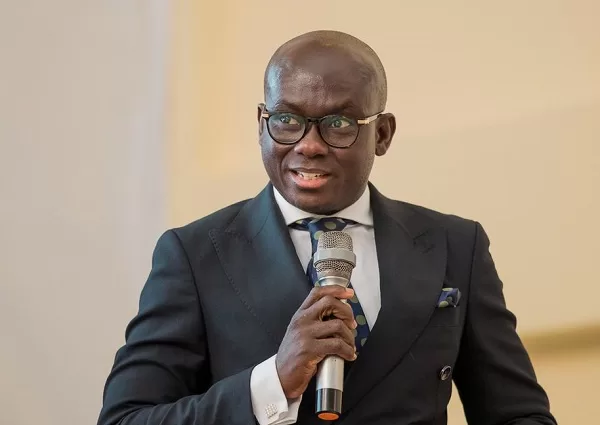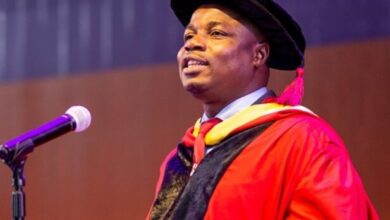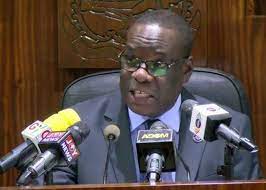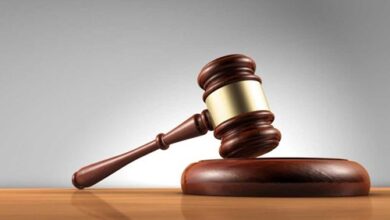Attorney General Asserts Sovereignty Resides in the People of Ghana
Attorney General Asserts Sovereignty Resides in the People of Ghana

- Yeboah Dame, emphasized that no individual or institution in Ghana possesses sovereign authority
- He reiterated that this supreme law grants the Judiciary final judicial authority
- This ruling further complicates the ongoing legal discourse
Attorney General and Minister of Justice, Godfred Yeboah Dame, emphasized that no individual or institution in Ghana possesses sovereign authority, as sovereignty ultimately lies with the people under Article 1 of the Constitution.
Speaking at the swearing-in ceremony for the new President and executives of the Ghana Bar Association (GBA) on November 4, Dame highlighted the Constitution’s role as the nation’s supreme law.
He reiterated that this supreme law grants the Judiciary final judicial authority, making it clear that every person or institution, including the President, is subject to the Judiciary’s interpretation and application of Ghanaian laws.
“In this country, no institution or individual has sovereignty. According to Article 1 of the Constitution, sovereignty resides in the people of Ghana, and the Constitution is the supreme law of the land. The supreme law has vested the Judiciary with final judicial power,” he stated.
Dame further explained that adherence to the Constitution is essential for any institution’s operations. He warned that any actions not compliant with the Constitution and Ghanaian laws could be deemed unconstitutional or illegal by the courts. “This is a straightforward principle and non-negotiable,” he said.
He urged legal practitioners to actively support the Judiciary, underscoring its vital role in upholding Ghana’s democracy. “We have a duty to support the Judiciary in its work, which is fundamental to the sustenance of Ghana’s democracy,” he added.
His remarks follow a recent Supreme Court decision that dismissed an application by Speaker of Parliament Alban Bagbin, who sought to overturn a ruling blocking his declaration of four parliamentary seats as vacant.
This ruling further complicates the ongoing legal discourse regarding the Speaker’s powers and the Judiciary’s role in parliamentary matters.
Bagbin’s application aimed to nullify the Supreme Court’s earlier decision and to challenge a writ filed by Majority Leader Alexander Afenyo-Markin, which sought judicial intervention to prevent the Speaker from making further declarations on the contested seats.





